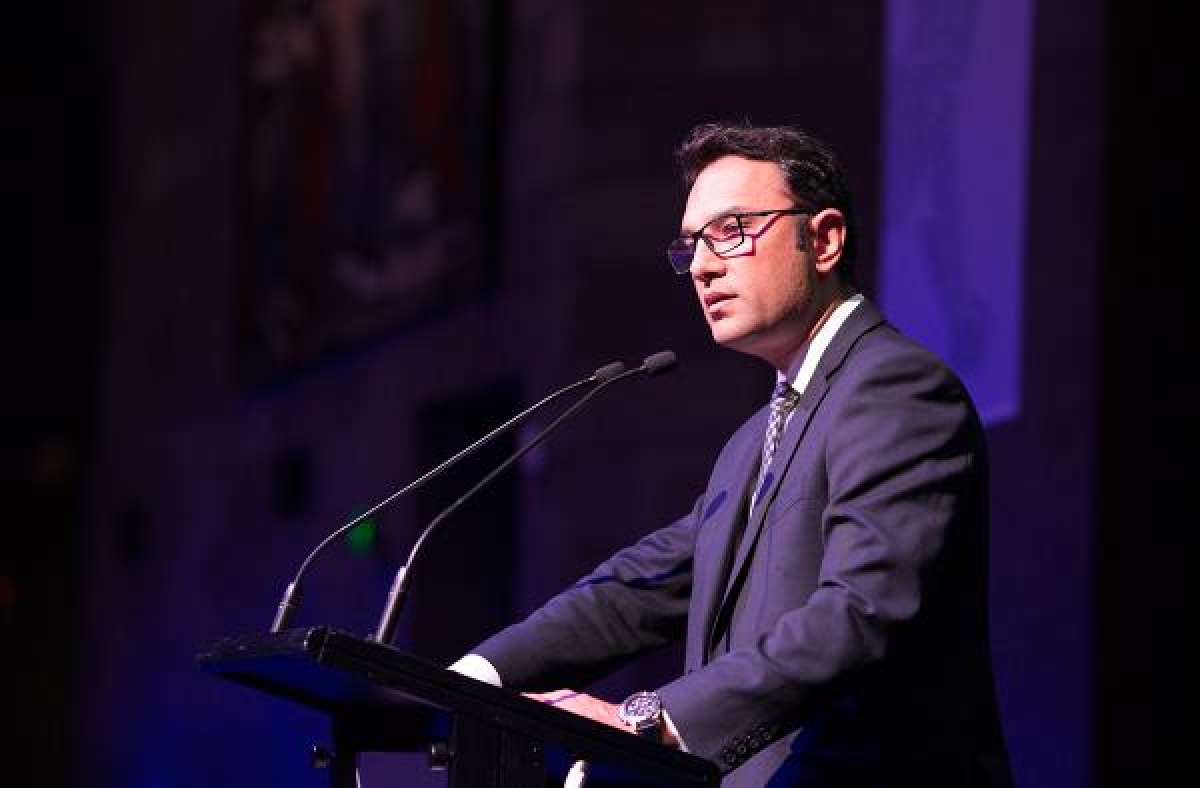Asia 21 alumni annual summit in Melbourne this year included Afghanistan's Ambassador to Australia HE Wahidullah Waissi (2011). He was the first speaker of the event who took the stage and presented his story of “How to build a nation through Diplomacy” in the context of “World Disrupted, Asia’s Future”. The speech was delivered on 29 November 2017 in Melbourne. This is the narrative of his remarks:
__
The world power’s traditional foreign policy thinking were mainly explained around ‘three Ds’: Diplomacy, Defense and Development aid. Based on today’s complex pillars of relationship and interdependency the ‘forth D’, Diversity, would define any types of affairs among nations. It includes diversified policies from market and business to cultural and people to people contact, to development and security cooperation.
In today’s disrupted world, a foreign policy without considering ‘Diversity’ in its relationship cannot be the right answer anymore. As Allan Gyngell puts this rightly in place, “it is no longer physics; it is an ecology” that explains interdependency and diversity of relations. A diversified foreign policy would give us the best possible choice to utilize our human and natural resources wisely through a meaningful diplomacy.
The evolving of geopolitical interests surrounding Asia assumes that it would make our efforts complex. It includes the countries with land-locked borders such as Afghanistan, the small countries such as Singapore, the countries with oceanic boundaries such as Australia, and many more other nations with many other geopolitical characteristics. However, these are “more mental rather than physical”.
Since it’s shaping with the new boundaries in 1700s to a couple of years ago, there was a belief that the North Afghanistan would never be connected to the European market. There was a myth of ‘going to nowhere land’ while speaking of doing business outside of Afghanistan through its Northern border. The geopolitical interest, market demand and natural resources were always in place but the power of diplomatic efforts made it possible to draw a new transport and transit corridor from Afghanistan all the way to European gates through Turkmenistan, Caspian, Azerbaijan, Georgia, Black Sea and Turkey. Geographic boundaries are not an issue anymore [referring to the Lapis Lazuli Transit & Transport Corridor signed recently in Ashgabat, Turkmenistan]
“These developments will not arise of itself or hope for the best. It comes through an active, attentive and responsive diplomacy”. Our future always depends to how we perform today. It is a normal phenomenon. But the future with more predictable results comes through agile diplomatic efforts.
___
About the Asia 21 & its Afghanistan chapter:
- A decade ago, Asia Society built a network of young leaders (under the age of 40) across the Asia-Pacific as a way to promote mutual understanding and effective collaboration among the next generation’s most important and influential leaders.
- More than 800 powerful alumni from more than 30 countries are representing the Asia 21 Young Leaders Initiative, which stands as the Asia-Pacific’s foremost young leaders network.
- Asia Society has established the Afghanistan 21 Young Leaders Initiative (AYLI) in 2011. More than 40 Afghan women and men have been enrolled since 2011.
- Only 9 Afghan AYLI alumni managed to participate at the 2017 Asia 21 Young Leaders Summit held in Melbourne from 29 Nov. to 2 Dec. 2017.
